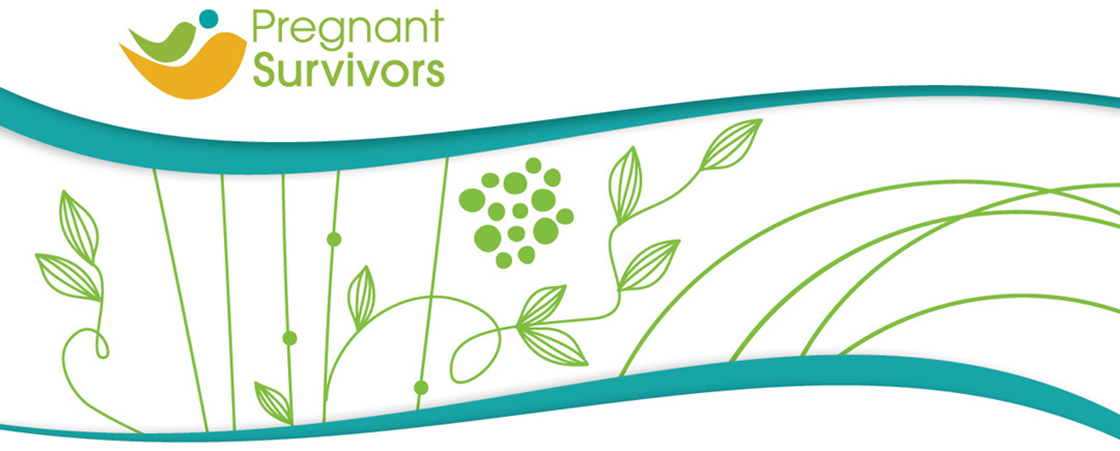Are you a physician, nurse, nurse-practitioner, nurse-midwife, midwife, medical assistant, childbirth educator, health educator, doula, breastfeeding counselor, or lactation consultant? Do you interact with pregnant women and teens or new mothers in a health-related or educational setting? If so, you are a key person in helping survivors of sexual and reproductive coercion and intimate partner violence.
With health care reform, you or your colleagues may be more involved in screening and counseling for intimate partner violence. You also know that a high proportion of women are victims of coercion or abuse, and these experiences may affect their participation in health care and the way they approach pregnancy, childbirth, and parenting an infant.
The guidelines in this Toolkit were developed by people in your professions to enhance the services you provide. Look them over and see which guidelines suit your work. You will find practical suggestions to help you:
- Provide trauma-informed services
- Create a safe environment for sharing information
- Understand how to offer harm-reduction strategies to women living with abuse and coercion
- Develop survivor-centered policies and practices that are seamlessly integrated into the services you already provide
You may wish to start with the Overview for this Toolkit, and then move on to this section, which is specially designed to apply to health care and health education settings.
- Introduction to this Section
- Prepare
- Train
- Inform
- Ask and Educate
- Intervene
- Document
Pregnant Survivors Practice Guidelines – Health Care Providers (pdf)
